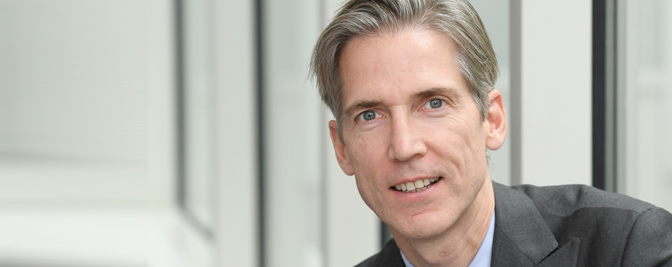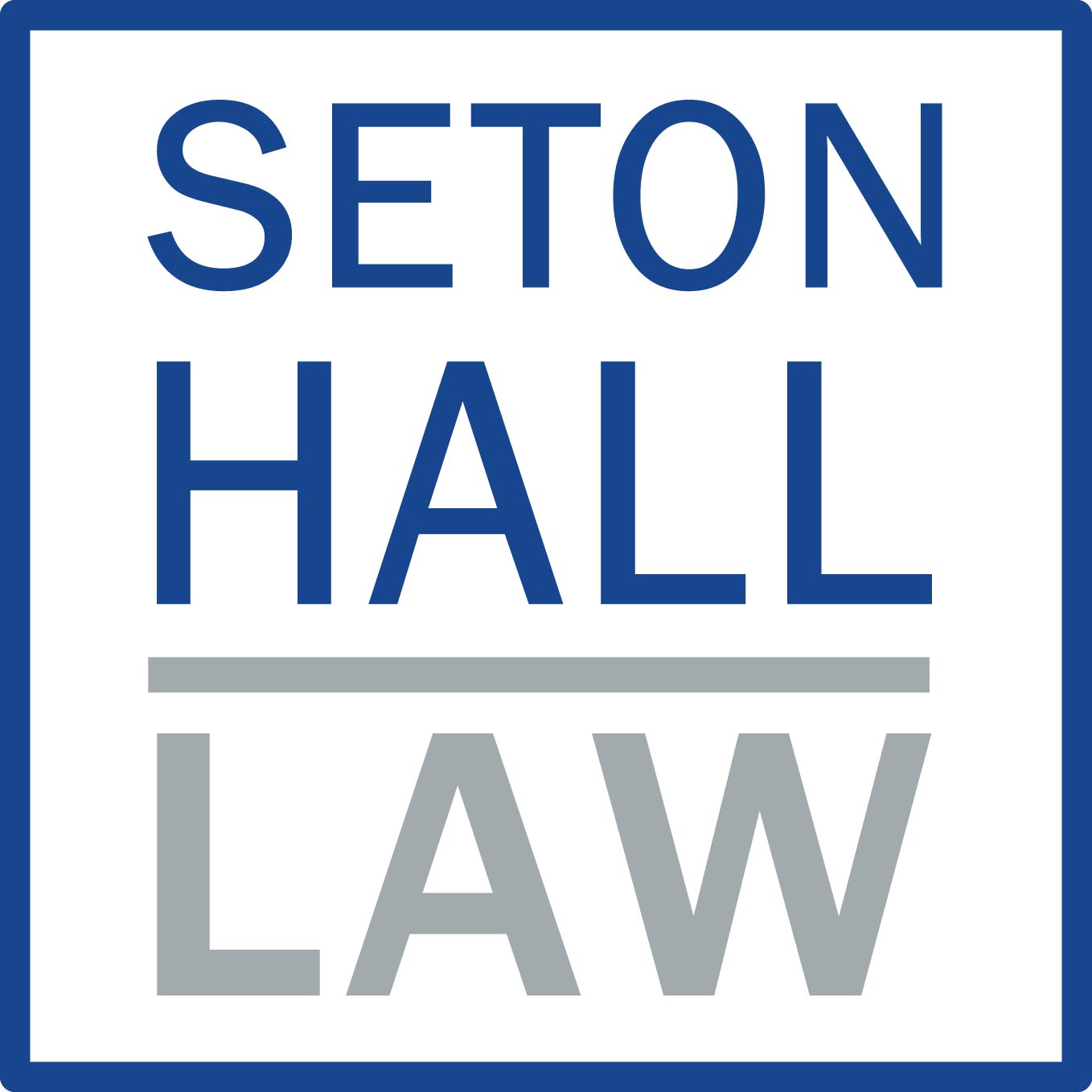
Law Professor Thomas Healy appears on two top national podcasts, Radiolab and Code Switch (NPR)

Thomas Healy, law professor and author of The Great Dissent and Soul City: Race, Equality, and the Lost Dream of an American Utopia appears on two national podcasts, Code Switch (NPR) and Radiolab. On Code Switch, he takes listeners back to a great social experiment of the 1970’s—Soul City—the attempted development of an urban center based upon principles of black economic empowerment. And on Radiolab he explores the mystery of Justice Oliver Wendell Holmes’s landmark change of position on free speech that changed how we think about public debate. Professor Healy wonders whether revisiting that historical moment could change minds yet again.
Code Switch (from NPR)
On April 21, 2021, Professor Thomas Healy joined host, Gene Demby, for an episode on Code Switch to discuss his book, Soul City: Race, Equality, and the Lost Dream of American Utopia, detailing the urban planning vision of Floyd McKissick, a black entrepreneur and civil rights activist. Professor Healy notes that Mr. McKissick “wanted to create a space where Black people would call the shots and would control the levers of power.” He described how the idea for Soul City developed, as well as the turbulent forces that Mr. McKissick faced in taking on his ambitious project.
“There really weren't spaces like that - or at least there weren't very many, and none at the scale of a city. And McKissick had come to believe, after 20 years of fighting for integration, that what was even more important was economic equality.” (A Utopia for Black Capitalism, Code Switch, 4/21/21)
He continued to explain how the dream of Soul City lost steam and finally never became a reality.
“Without financial support from the federal government, there was no way McKissick was going to be able to attract industry. And McKissick fought that for a while, but he allowed the federal government to foreclose. He was allowed to keep some property and was given a little bit of money to help pay off some debts. And that's it.” (A Utopia for Black Capitalism, Code Switch, 4/21/21)
Read summary, listen to full podcast, or read the full transcript on Code Switch.
On April 2, 2021, Professor Thomas Healy joined the cast of Radiolab for the podcast episode, What Up Holmes?, to recount how Oliver Wendell Holmes, a Supreme Court Justice, laid the groundwork for today’s understanding of free speech and helped bring the concept of the “Marketplace of Ideas” into America’s popular consciousness.
“Love it or hate it, the freedom to say obnoxious and subversive things is the quintessence of what makes America America. But our say-almost-anything approach to free speech is actually relatively recent, and you can trace it back to one guy: a Supreme Court justice named Oliver Wendell Holmes. Even weirder, you can trace it back to one seemingly ordinary 8-month period in Holmes’s life when he seems to have done a logical U-turn on what should be say-able.” (What Up Holmes?, Radiolab, 4/21/21)
The podcast concluded with the idea that we should consider rethinking the meaning of free speech, which might help resolve difficult problems of political polarization.
Read summary, listen to the podcast or read the full transcript on Radiolab.





